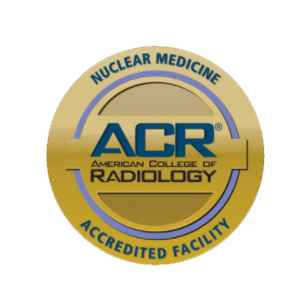The prostate is a small walnut-shaped gland in males that produces the seminal fluid that transports sperm. After skin cancer, prostate cancer is the most common type of cancer in men. Many prostate cancers grow slowly, requiring minimal treatment because they do not cause serious harm, but others are more aggressive and spread quickly. As a result, prostate cancer that is detected early has the best chance for successful treatment.Unfortunately, prostate cancer often has no symptoms until the disease is advanced, and screening may help detect cancer early, when the chances of treatment success are high. But there is no one-size-fits-all approach to prostate cancer screening. Most screening for prostate cancer begins with a prostate-specific antigen (PSA) test. PSA is an enzyme found in the prostate, and a high level of PSA can be a warning for prostate cancer. However, the PSA test is not 100 percent accurate. When there is a question, it often requires a prostate biopsy, a procedure that can cause bleeding, pain and infection. Prostate biopsies can also lead to the diagnosis of clinically insignificant cancers that would never have been detected or caused any problems for the patients.
David Cipolla, M.D., a radiologist at Great Lakes Medical Imaging, often recommends that patients undergo prostate MRI (magnetic resonance imaging) screening, because it is just as accurate as a prostate biopsy without the unpleasant and painful effects, and risk of infection involved in the procedure. “MRI machine uses magnetic and radio waves to produce detailed images of soft tissues and structures in the body, like the prostate,” explains Dr. Cipolla. Patients who undergo an MRI are positioned on an examination table that is slid into an MRI machine. The scan is completed within 30-45 minutes. The procedure is totally painless and non-invasive. Not only is it accurate at detecting prostate cancer, but it also helps tell how advanced the cancer is and whether it has spread to other parts of the body. Having a prostate MRI can also detect other conditions involving the prostate conditions, such as infections or benign prostatic hyperplasia (BPH). It is also better than biopsies at distinguishing benign and malignant cancers. The procedure is very simple and comfortable.
Dr. Cipolla says, “Prostate cancer often has no symptoms until the disease is advanced, and screening may help detect problems early, when the chances of treatment success are high.”
He tells patients to talk to their providers at their next checkup to go over any risk factors you may have for developing prostate cancer. “In general, discussions with your doctor should begin in your 40s.”
If you are at risk for prostate cancer, talk with your care provider about having your prostate MRI done at Great Lakes Medical Imaging (GLMI). Contact GLMI at 716-836-4646 and visit www.greatlakesmedicalimaging.com.

 APPLY ONLINE TODAY!
APPLY ONLINE TODAY!





